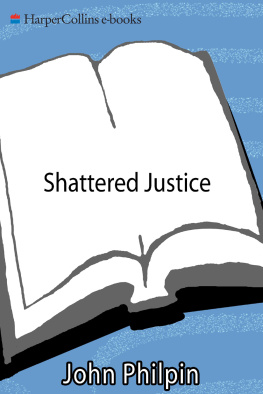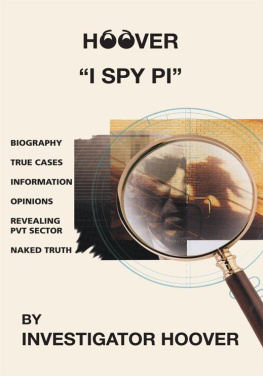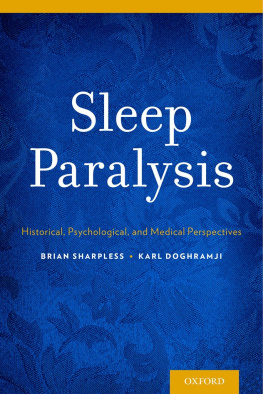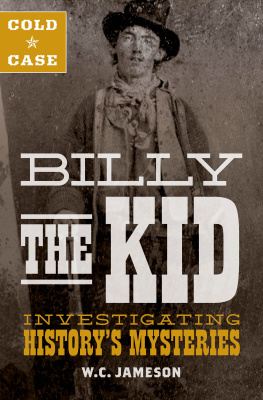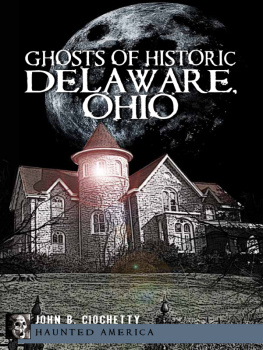Published by The History Press
Charleston, SC 29403
www.historypress.net
Copyright 2013 by Stephanie Hoover
All rights reserved
First published 2013
e-book edition 2013
Manufactured in the United States
ISBN 978.1.62584.126.1
Library of Congress CIP data applied for.
print edition ISBN 978.1.62619.023.8
Notice: The information in this book is true and complete to the best of our knowledge. It is offered without guarantee on the part of the author or The History Press. The author and The History Press disclaim all liability in connection with the use of this book.
All rights reserved. No part of this book may be reproduced or transmitted in any form whatsoever without prior written permission from the publisher except in the case of brief quotations embodied in critical articles and reviews.
To My Boys, for whom I wake in the morning.
With deepest gratitude to my family (by blood or circumstance and far-flung as it is), without whose support this book would not be in your hands.
And finally, special thanks to Lynda, who gave me the perfect advice at the perfect time: Trust the journey. You will never know how much that meant.
Contents
Acknowledgements
Perhaps there are nonfiction writers who can create a book alone from start to finish. I am not one of them. I am, on the contrary, happy to call upon and visit the people and repositories without whom the historical proof this storyand so many otherswould be lost.
My sincere thanks go out to the staff of the Delaware County Archives, where both trial documents and the estate records of Susan H. Sharpless were made available to me.
The staff of the Eastern State Penitentiary were invaluable and never failed to return my e-mails. Anyone with even a passing interest in the Pennsylvania prison system (and the famous and anonymous men and women housed within it) should plan to visit this facility, one of the most popular attractions in the Philadelphia area.
The Humanity Gifts Registry, formerly the State Anatomical Board, quietly and respectfully performs a service critical to the health and well-being of the residents of Pennsylvaniamany of whom likely arent even aware of its existence. This nonprofit organization honors the unselfish final donations of individuals and family members, ensuring the dignified recognition that eluded Samuel Johnson.
While more and more of what writers need appears in digital format, the ability to touch real records and speak to real experts is one I hope never, ever becomes inconsequential or extinct. I have had the pleasure of working with the same staff members at both the Pennsylvania State Archives and Pennsylvania State Library for a number of years now. No amount of online investigation matches the enjoyment or efficiency of speaking with other humans about your researchespecially the very knowledgeable people at these two repositories.
Lastly, my sincere thanks to other writers, researchers and new friends Ive met along the way. They cheered me on when I was certain this book would never be finished andon days when I felt particularly good about myselfreminded me that a manuscript is just a dream until it is delivered to the publisher.
Introduction
I am often asked why I enjoy researching the lives of people who lived generations and centuries before me. To that question, I always offer the same response, which is that I am fascinated at how little humans change. Pages of calendars are torn off and discarded, and one year is inevitably replaced by anotherbut men, their motives, habits and needs, have and will always remain the same.
Take our fascination with murder, for instance. If offering even the smallest promise of infamy, the victims former sphere of family, friends, acquaintances and circumstantial bystandersthough they may have no greater relationship than waiting at the same bus stopwill claim intimacy with details only they possess, simply to become part of the story. Police, lawyers and judges whose job it is not just to find the perpetrators but also deliver justice will, if the story is marketable enough, write books about their experiences (with them the stars, of course) or, worse, use their newly minted notoriety to run for some public office. And then there are the members of the media who, having no real skin in the game, work tirelessly to insinuate themselves into the former life of the presently deceased, only to indiscriminately share these personal details with ghoulish enthusiasm. This was as true in 1885 as it is today. It has likely been true since Cain murdered Abel.
News of the killing of John Sharpless was reported across the country, most often in large typeface and bold headlines like the one that caught my attention one day while I scrolled through the pages of a microfilmed newspaper. A Foul Murder, this particular headline read. Another headline told readers of the brutal slaughter of an inoffensive Quaker. This was, after all, the time when yellow journalism flourished; Joseph Pulitzer and William Randolph Hearst waged a circulation war, their weapons being the lascivious headlines devised to spur readers into laying down two cents for either the New York World or the New York Journal. Reporters of that day understood that it was the startling juxtaposition that made the crime so captivating: a pacifist Quaker attacked in his own barn with such force that his skull fractured into pieces. And of course, there were those other elements swirling around the case, coagulating and forming the journalistic equivalent of the weathermans perfect storm. John Sharpless was a wealthy white man. His accused killer was a poor black man. A widow, sick and further weakened by grief, was the only person who could identify the killer. It was a writers dream. And then there was the reward
In the 1880s, no one seemed to realize that the ability of police officers to accept reward money might lead to a conflict of interest. Nor did members of the general public initially seem to mind that the chasing of rewards imbued some police officers with a quantity not quality philosophy on arrests. Sadly, the men and women hauled before judges and magistrates based on these myriad questionable arrests had few forms of redress. While the United States Constitution guaranteed the right to assistance of counsel, most courts interpreted this as dependent on whether the defendant asked for an attorney. It was only in 1963 that the Supreme Court ruled that states were required to provide attorneys to indigent defendants who could not afford them. Before that, most people accused of crimes simply allowed the legal system to operate around them, literally relying solely on the hope that the truth might set them free. Very rarely was any special dispensation made for criminals of low intelligence or obvious mental disability. If convicted, these souls were tossed into the same prisons as murderers, rapists, thieves and thugs who had full control of their minds and actions and easily recognized fellow prisoners who did not.
And so, while I began by saying that people never change, fortunately for all of us, systems do. The Killing of John Sharpless is a testament to the fact that the way things are done can always be made better. Be it our legal system, the role of the police, the field of journalism or our knowledge of the complexities of human intellectual capability, we now recognize that there is always room for improvement. Unfortunately, this recognition comes well after the late nineteenth century when this crime was committed and this case was investigated and tried.





